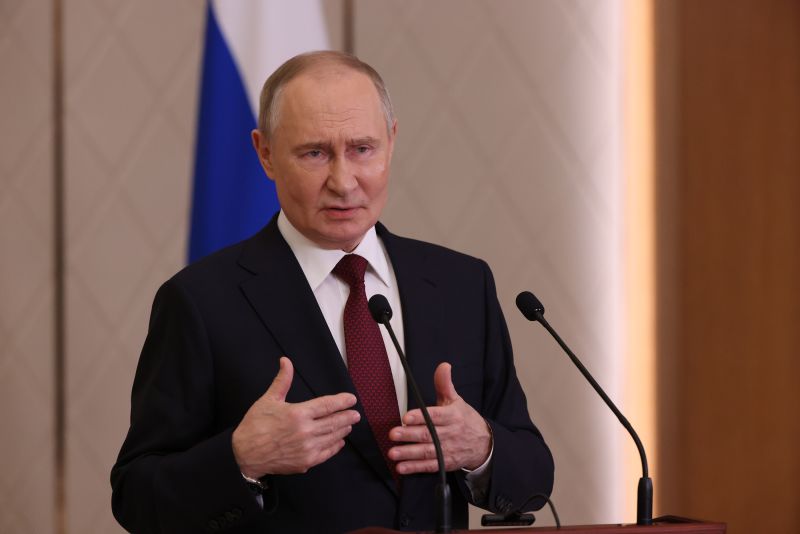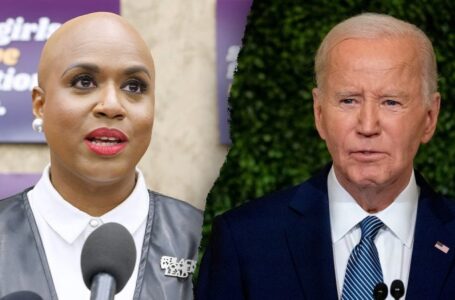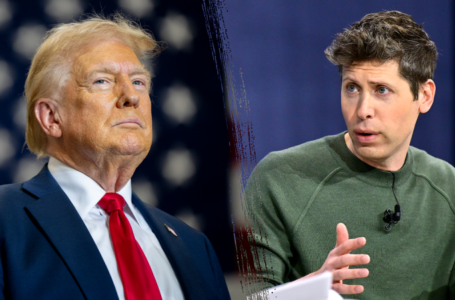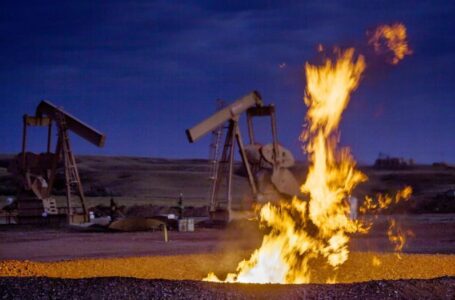Putin approves record defense spending – a third of Russia’s budget


Russian President Vladimir Putin has approved a record-breaking defense budget, setting aside a staggering third of the government’s total spending as the war in Ukraine drains resources from both sides nearly three years on.
The budget for 2025, which was published Sunday, allocates about $126 billion (13.5 trillion rubles) to national defense – amounting to 32.5% of government spending.
The defense budget is about $28 billion (three trillion rubles) higher than the previous record set this year.
The new three-year budget forecasts a slight reduction in military spending for 2026 and 2027. Lawmakers in both houses of the Russian parliament approved the budget.
Russia’s war in Ukraine is the biggest conflict in Europe since World War II. Moscow is currently making gains at key spots along the frontlines and fighting a counteroffensive in Kursk region – the site of Kyiv’s only major military success this year.
But the slow, grinding war – often called a war of attrition, where both sides are trying to wear down the other – has drained both countries’ resources.
Ukraine has always been on the back foot when it comes to both material and manpower, though it has received billions of dollars in help from its Western allies. How much aid will continue to come from the United States once President-elect Donald Trump takes office remains to be seen.
Meanwhile, Russia has more weapons, more ammunition and more people – but the strain on its economy and population is growing.
Russia has massively increased its military spending over the past two years and its economy is now showing signs of overheating: inflation is running high, and companies are facing labor shortages. Trying to control the situation, the Russian Central Bank has raised interest rates to 21% in October, the highest in decades.
And while Russia has many more people than Ukraine, it is suffering significant battlefield losses and recruitment of new troops is already a problem – the last time the Russian military introduced a partial mobilization, hundreds of thousands of men fled the country.
North Korea recently sent an influx of soldiers to help Russia fight on the frontlines – Ukrainian President Volodymyr Zelensky said in November that about 11,000 North Korean soldiers were in Kursk.
The North Korean troops may help Russia’s efforts for some time – but the material losses could be harder to make up for.











